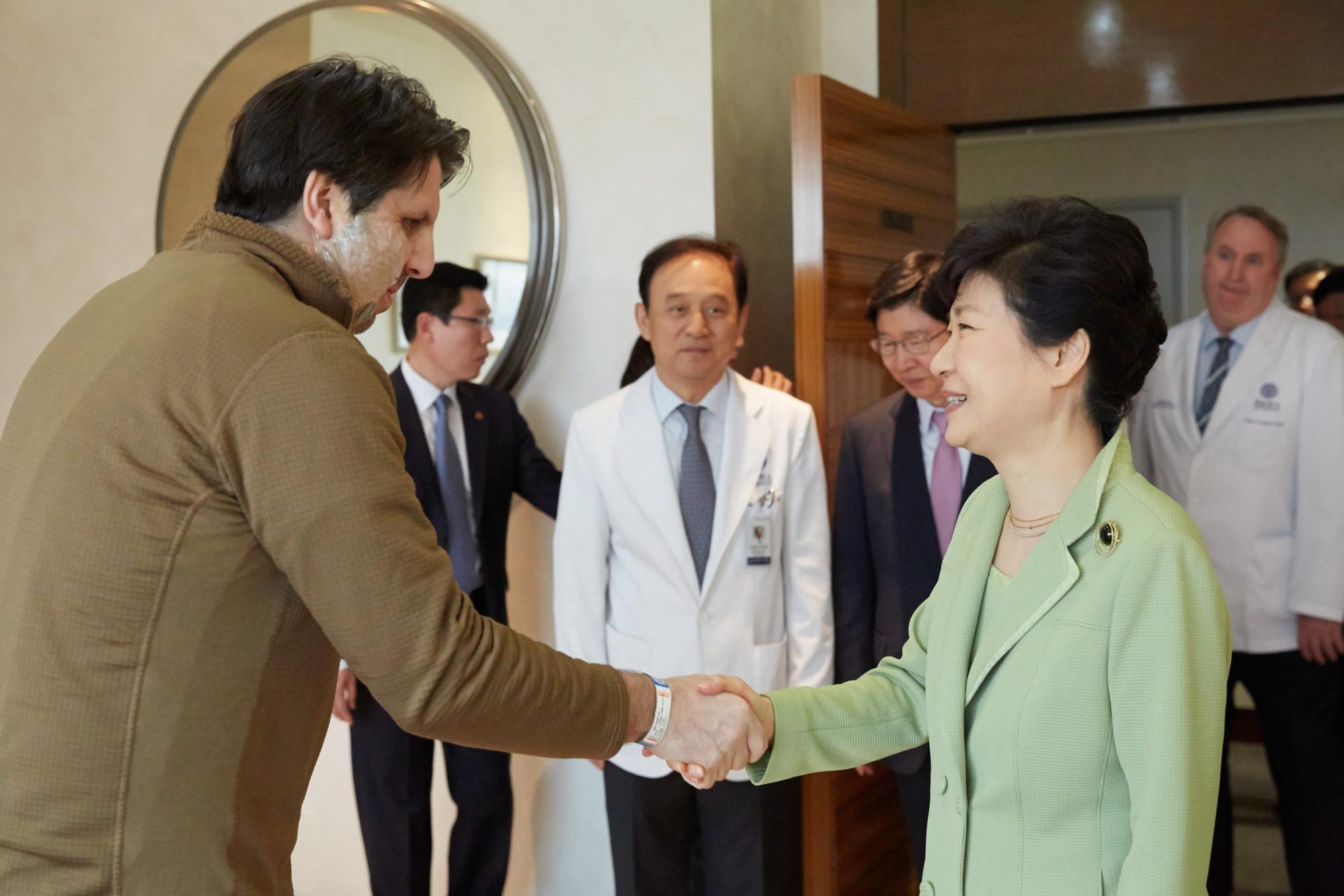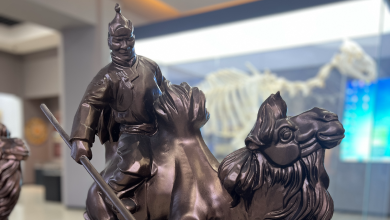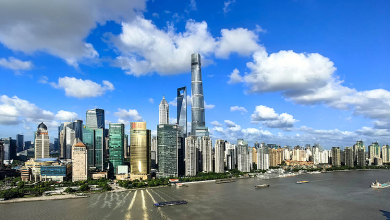What’s wrong with South Korean politics? Rising US-style partisan hatred fuels fears of further violence
[ad_1]
“This incident vividly exemplifies the pervasive erosion of trust in politicians and an alarming decline in public respect for them”, he told This Week in Asia, referring to last week’s assault.
Bae was accosted by a 15-year-old boy with ADHD on Thursday while attempting to enter a building in Seoul. After twice asking whether she was a representative from the ruling People Power Party (PPP), Bae later told police the teen hit her with a piece of brick and continued to punch her in the head even after losing grip of his improvised weapon.
South Korean ruling party MP hospitalised after attack, 15-year-old arrested
South Korean ruling party MP hospitalised after attack, 15-year-old arrested
She was taken to hospital with a head wound and stayed for two nights, complaining of pain. “I thought at the moment I was dying,” Bae wrote on her Facebook page of the “unexpected” attack, calling for a though investigation and stern punishment of the assailant.
According to the conservative Chosun daily, the suspect in Bae’s attack put up little resistance when arrested and had shown a keen interest in reports about Lee’s stabbing, suggesting Thursday’s assault may have been a revenge attack.

PPP parliamentary floor leader Yun Jae-ok said “the entire political community must collaborate in putting an end to the politics of hate,” while Democratic Party of Korea floor leader Hong Ihk-pyo said: “We staunchly oppose all forms of violence and terrorism that pose a threat to democracy. Special measures should be taken to address such unfortunate events.”
The Future Grand Alliance, a fledgling third party, said in a statement that the responsibility lies with “politicians who have profited from promoting hateful politics, as well as hardline YouTubers and hooligans who are feeding on such politics”.
A day after Bae was attacked, South Korean social media platforms and online messaging boards were awash with extreme hate speech – mainly from the ruling and opposition parties’ hardline supporters – as confrontational sentiment built.
South Korean lawmakers vote on arrest of opposition leader for corruption
South Korean lawmakers vote on arrest of opposition leader for corruption
Analysts warn that the hostility being spread online and off in South Korea is likely to result in more attacks on politicians.
“We’re now living in a different world where legacy media are losing influence to YouTube content creators who incite extreme narratives rather than moderation and decency in speeches”, political-science professor Yoon said.
Ruling party supporters have claimed that the 15-year-old suspect in last week’s attack must have been “gaslighted” to avenge the stabbing of Lee, while opposition supporters said the assault was aimed at earning voters’ sympathy.
Should this situation be left unchecked, I am afraid we might see something like the 2021 US Capitol attack
Lee Jun-han, a political-science professor at Incheon National University, said the intensifying polarisation of the country’s politics was being accompanied by fanatical narratives and calls for violence.
He said politicians who often make the headlines or feature on television news tend to become the targets of social misfits seeking outlets for their personal frustrations in a highly charged political atmosphere.
They are spurred on by biased content creators in the country’s booming YouTube industry who fill their fans with extreme ideas, Lee said.
“I’m concerned that lone wolves would be out on the street ahead of the general election,” he said.
Man stabbed Korean opposition chief to ‘stop him from becoming president’
Man stabbed Korean opposition chief to ‘stop him from becoming president’
Koo Jung-woo, a sociology professor at Sungkyunkwan University, said the demonisation of political rivals was creating the perception in people’s minds of a need “not for compromise but for a vicious struggle”.
[ad_2]
Source link




